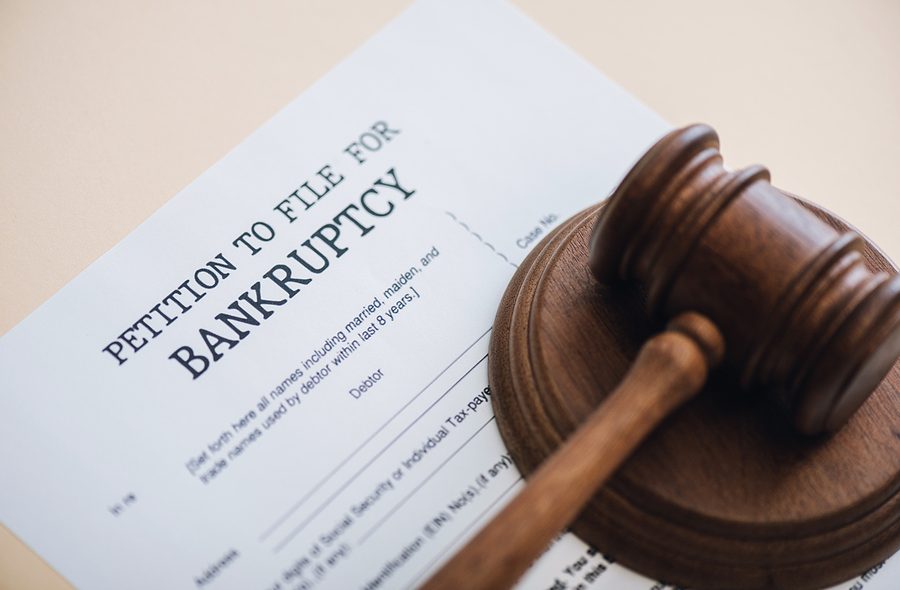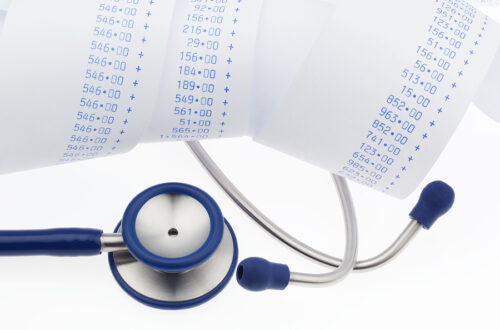Personal bankruptcy filings reported in the country for the month of November hit a low not seen in 14 years. Financial analysts believe the drop in personal bankruptcy filings can be attributed to the current national and statewide moratoriums on evictions and foreclosures, as well as the availability of governmental stimulus aid related to the coronavirus (COVID-19) pandemic.
According to figures from the legal services provider, Epiq Systems, Inc., the total number of personal bankruptcy filings in the month of November amounted to 34,440 filings. This is the lowest monthly total reported since January 2006.
According to Epiq, the number of non-commercial Chapter 13 bankruptcy filings decreased by 45 percent when compared to the previous year. This form of bankruptcy allows consumers to work with a bankruptcy trustee in restructuring their debts over a three-to-five-year period. Alternatively, Chapter 7 bankruptcy filings, known as liquidation bankruptcy, were down by 21 percent during this same period.
While the number of personal bankruptcy filings seems to be on the decline, the number of business bankruptcy filings are on the rise. In fact, the number of commercial Chapter 11 bankruptcy filings in the month of November increased by 40 percent. In November, 654 new business bankruptcy cases were filed as compared to the 449 reported in November 2019. The increase can be attributed to the COVID-19 crisis, as many businesses have struggled to stay afloat during statewide shutdowns and other restrictions.
Many businesses have chosen to file for bankruptcy as a way to restructure their debts in an effort to avoid permanently closing. Others have chosen to file for bankruptcy in addition to shutting their doors permanently as a means of eliminating these debts.
Many consumers were able to continue paying their bills and remain in their homes due to the moratoriums on evictions and foreclosures, as well as the stimulus relief packages received from the federal government. Fewer homeowners are being forced to file for bankruptcy due to this assistance, but once the moratoriums expire, this will likely change.
Recently, the Federal Housing Finance Agency extended the moratorium on single-family foreclosures and evictions through January 31, 2021. After being extended several times, it was originally set to expire at the end of 2020. It remains to be seen if it will be extended past January, depending on the course the virus takes and how quickly a vaccine can be distributed.
Both chambers of Congress have been attempting to pass a second stimulus package, with a recent bipartisan effort being made for a $900 billion stimulus proposal. Given the fact that the number of consumers relying on credit cards to pay for the most basic of living expenses has increased, many consumers may find themselves needing more assistance through personal bankruptcy to escape debts accumulated during the COVID-19 pandemic.
Please click here to read more.
If you have questions on this topic or are in financial crisis and considering filing for bankruptcy, contact an experienced Miami bankruptcy attorney who can advise you of all of your options. As an experienced CPA as well as a proven bankruptcy lawyer, Timothy Kingcade knows how to help clients take full advantage of the bankruptcy laws to protect their assets and get successful results. Since 1996 Kingcade Garcia McMaken has been helping people from all walks of life build a better tomorrow. Our attorneys’ help thousands of people every year take advantage of their rights under bankruptcy protection to restart, rebuild and recover. The day you hire our firm, we will contact your creditors to stop the harassment. You can also find useful consumer information on the Kingcade Garcia McMaken website at www.miamibankruptcy.com.


